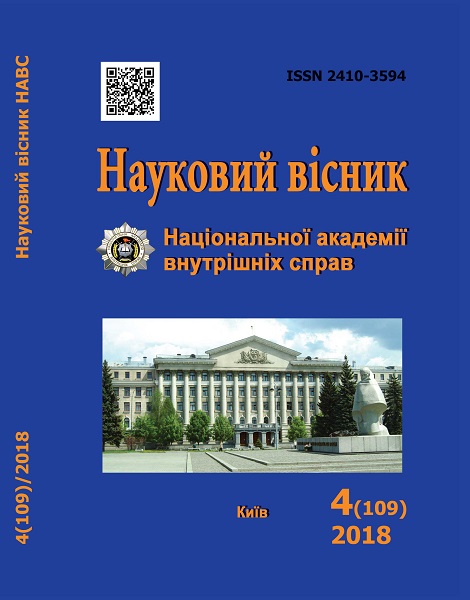The Source of Law: Theoretical-Legal Analysis
Abstract
The source of law is one of the major categories of rights in general, both in applied and theoretical and informative regarding the definition and understanding of legal sources of law, and therefore the system they are in close Depending on the legal schools and developing concepts for a long time. In the modern scientific environment developing and specifying the integrative approach to content and the concept of the term «source of law» is an attempt to fill it even more diverse semantic content of value, seeing as sources of law the material, social and other conditions of society, that objectively determine the necessity of making changes or additions to those or other normative legal acts. The Charter is a document that has a special excellent socio-legal nature. This document is the normative and procedural nature, which reflects the characteristics of relationships inside the territorial community. Through the prism of this definition is already becoming apparent «dualism» of the content of the concept of the Statute: on the one hand as a document that belongs to the sphere of legal relations, and on the other as population socio-political and economic-commercial relations between subjects of the local community. Unfortunately, today we cannot clearly articulate its definition and main substantive signs despite properties. With regard to sectoral characteristics, the presence of charters in the private law and public law, national law and international law, the difference between the statutes in the legal systems of the Romano-Germanic legal and anglo-saks families, etc., it is important continue thorough their research, finding out the place and role of charters in the system of sources of law, their specificity, the theoretical and practical value.
Downloads
Abstract views: 507 PDF Downloads: 436
- Authors reserve the right to authorship of their own work and transfer to the magazine the right of the first publication of this work under the terms of the Creative Commons Attribution License, which allows other persons to freely distribute published work with mandatory reference to authors of the original work and the first publication of an article in this magazine.
- Authors have the right to enter into separate additional agreements on non-exclusive dissemination of the work in the form in which it was published in the journal (for example, to post an article in the institution's repository or to publish as part of a monograph), provided that the link to the first publication of the work in this journal is maintained.
- The journal's policy allows and encourages the posting of articles by authors on the Internet (for example, in electronic storehouses of institutions or on personal websites), both before the submission of this manuscript to the editorial office and during its editorial processing, as this contributes to the creation of a productive scientific discussion and positively affects the efficiency and dynamics of citing the published work.




